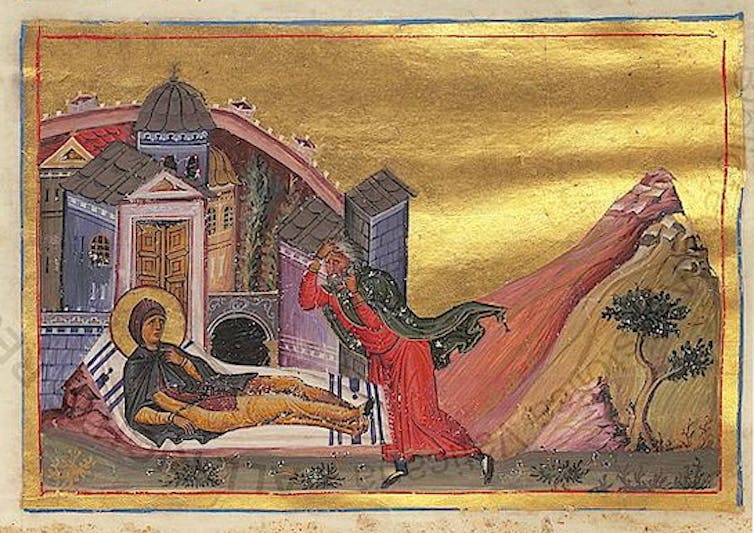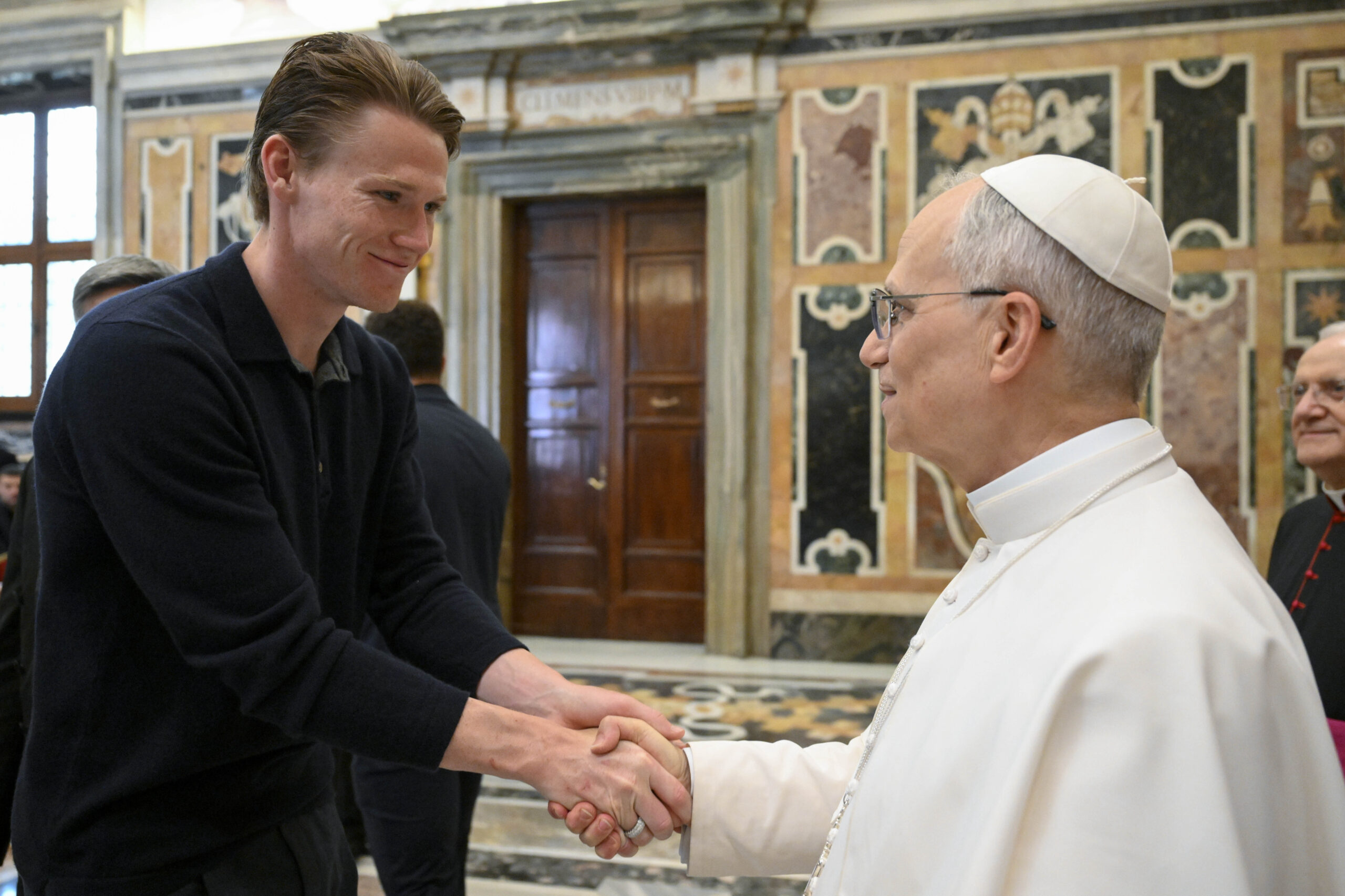Now Reading: Christianity has long revered saints who would be called ‘transgender’ today
-
01
Christianity has long revered saints who would be called ‘transgender’ today
Christianity has long revered saints who would be called ‘transgender’ today

Numerous Republican-led states have recently implemented measures that restrict transgender rights. Iowa has approved a law that eliminates civil rights protections for transgender individuals, Wyoming has banned state agencies from mandating the use of preferred pronouns, and Alabama has passed legislation recognizing only two sexes. In addition to these actions, many other states have introduced hundreds of bills aimed at limiting transgender rights.
Earlier this year, a series of executive orders issued by the White House sought to undermine transgender identity. One of these orders, titled “Eradicating Anti-Christian Bias,” criticized the gender-affirming policies of the Biden administration as being “anti-Christian.” It accused the Equal Employment Opportunity Commission of forcing Christians to go against their faith by endorsing radical transgender ideology.
It is important to note that not all Christians hold anti-trans views. In studying medieval history and literature, evidence has been found of a longstanding Christian tradition that could be interpreted as acknowledging “transgender” saints. While the term “transgender” did not exist in medieval times, there were instances of individuals living as a different gender than assigned at birth. Many scholars believe that using the modern term “transgender” helps draw connections to better understand historical parallels.
Records show at least 34 stories of transgender saints from the early years of Christianity. These stories were initially documented in Latin or Greek and later translated into various vernacular languages. Among these saints, figures like St. Eugenia, St. Euphrosyne, and St. Marinos gained widespread popularity in medieval Europe for living as men despite being born as women.
The tales of these saints were widely circulated during the medieval period. While the Catholic Church discouraged cross-dressing in various contexts, it still honored the holiness of these transgender saints. Scholars have argued that medieval Christianity viewed transness as sacred, as individuals like the transgender saints had to defy societal norms to live authentically.
In examining the lives of these saints, it becomes evident that Christianity has a history that includes transgender individuals, and there are opportunities to embrace transness as an integral part of Christian values.






